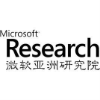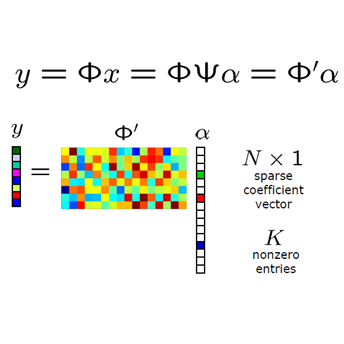The performance of grant-free random access (GF-RA) is limited by the number of accessible random access resources (RRs) due to the absence of collision resolution. Compressive sensing (CS)-based RA schemes scale up the RRs at the expense of increased non-orthogonality among transmitted signals. This paper presents the design of multi-sequence spreading random access (MSRA) which employs multiple spreading sequences to spread the different symbols of a user as opposed to the conventional schemes in which a user employs the same spreading sequence for each symbol. We show that MSRA provides code diversity, enabling the multi-user detection (MUD) to be modeled into a well-conditioned multiple measurement vector (MMV) CS problem. The code diversity is quantified by the decrease in the average Babel mutual coherence among the spreading sequences. Moreover, we present a two-stage active user detection (AUD) scheme for both wideband and narrowband implementation. Our theoretical analysis shows that with MSRA activity misdetection falls exponentially while the size of GF-RA frame is increased. Finally, the simulation results show that about 82% increase in utilization of RRs, i.e., more active users, is supported by MSRA than the conventional schemes while achieving the RA failure rate lower bound set by random access collision.
翻译:无赠款随机访问(GF-RA)的性能受到由于缺乏碰撞分辨率而获得的随机访问资源数量的限制。基于压缩遥感(CS)的RA计划扩大RR,以牺牲传送信号之间非垂直性的增长为代价。本文介绍了多序列随机访问(MSRA)的设计,它使用多种传播序列来传播用户的不同符号,而不是使用用户对每个符号使用相同的扩散序列的传统计划。我们显示MSRA提供代码多样性,使多用户检测(MUD)能够建成一个条件良好的多度量控矢量(MMV) CS问题。该代码的多样性通过传播序列之间平均 Babel 相互一致性的下降加以量化。此外,我们介绍了用于宽带和窄带执行的两阶段性主动用户检测(AUD)计划。我们的理论分析表明,随着MSRA活动误差指数的指数下降,而GF-RA框架的大小却有所扩大。最后,模拟结果表明,82%的多用户在常规访问率设定下,使用RARRRA的概率率高于RRA的概率率。




